Best safari experience
on Jul 30, 2024As the safari world is probably one of the biggest tourist attractions these days, people often wonder what time of the year, or what season, is the best for safari. And people also always wonder if the morning or afternoon safaris are better. Both these questions are difficult to give a direct answer to as this will depend on person to person and always which parts of Africa you are travelling to.
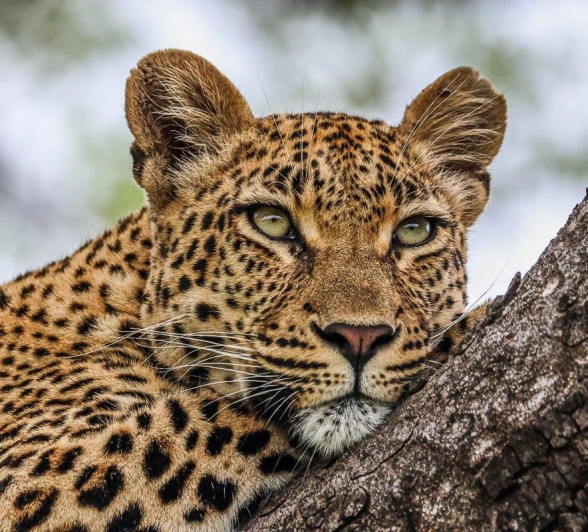
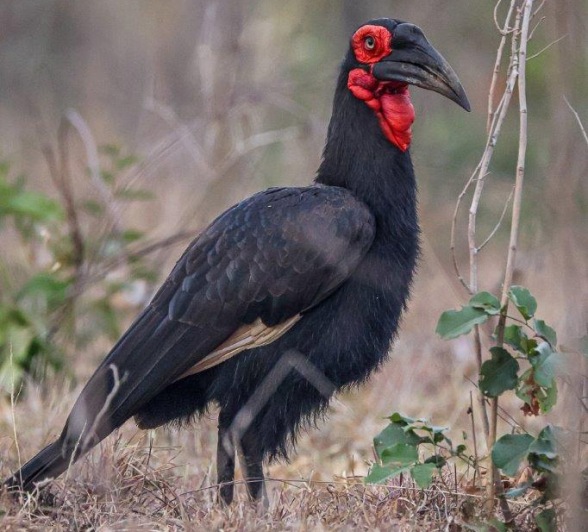
For us at Sabi Sabi Private Game Reserve, situated in the Lowveld of South Africa, we have favourable conditions all year round, and this is why we operate all year compared to other lodges in countries further north of us that operates seasonal.
South Africa is one of the countries with probably the most comfortable weather conditions, especially in the eastern and northeastern parts of the country. We get summer rainfall which means our winters can be cold and dry, often without any rain until the summer months arrive.
Coming to the question of what time of the year is best for a safari, this will depend on what your purpose of travel is and what you would like to see and experience.
Summer at Sabi Sabi (December – February)
Our summer months can be brutal. Some days reach over 40°C (105°F) but luckily this high temperature has a relatively low humidity which makes it bearable. These high temperatures rarely last very long and drop down to around 35°C (95°F) on most days. As mentioned above we do experience summer rainfall which means we can have rainy mornings or afternoons, usually ensuring a good laugh on safari with everyone covered in rain gear, but usually clears up quickly. During these months the bush is luscious and green, making it a picture-perfect trip. You can also see the Sabie River and smaller drainage lines that feed the river in flood with an abundance of water everywhere in the bush, making it easy for animals to find water without travelling too far.
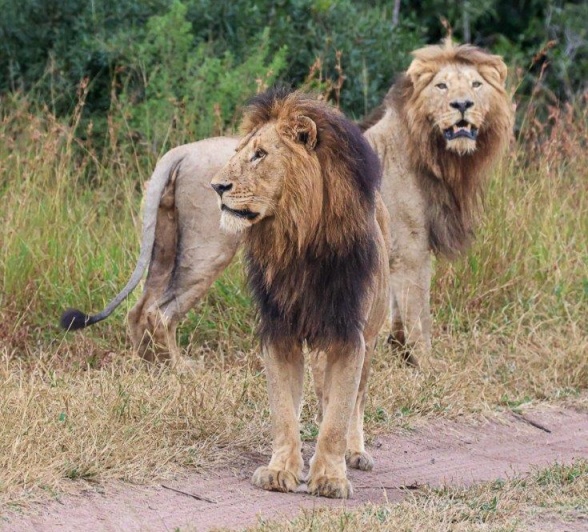
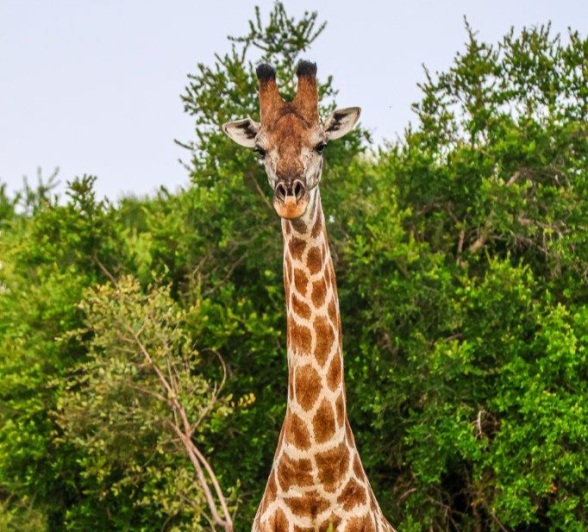
Summer for us is also our main lambing and calving season for antelopes and you will be spoiled by the newborn of most species, including impala, warthog and blue wildebeest. With all the babies around, this also attracts lots of predator activity that want to take advantage of their easy target, giving us the opportunity to often find predators early morning and late afternoon on the move following the herds of animals in anticipation of a youngster falling behind or being distracted. Birding in summer months is incredible! We have a big variety of migratory birds that come to South Africa for favourable breeding conditions.
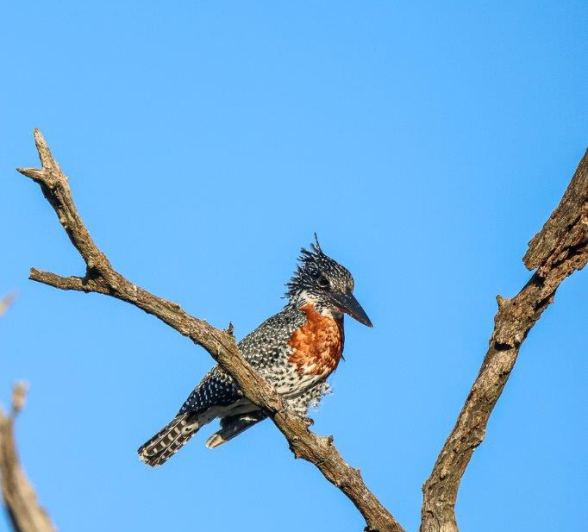
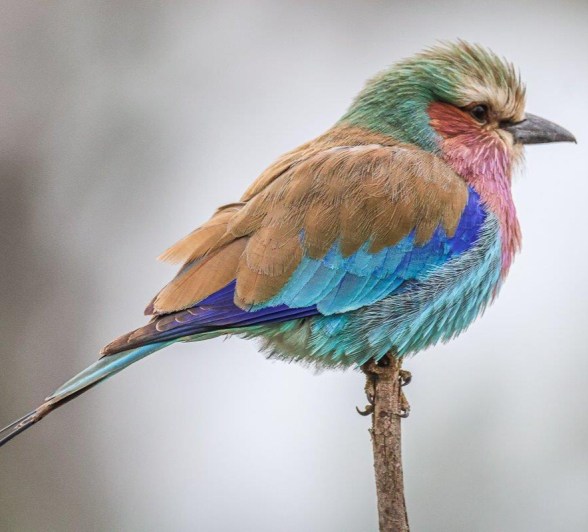
Morning and evening temperatures are very comfortable and rarely drop below 15°C (59°F), making for an easy trip to pack for. During our rainy season there are also a lot of wildflowers, insects and reptile activity keeping it interesting to keep an eye out for the smaller but also beautiful parts of the African bush that are often missed.
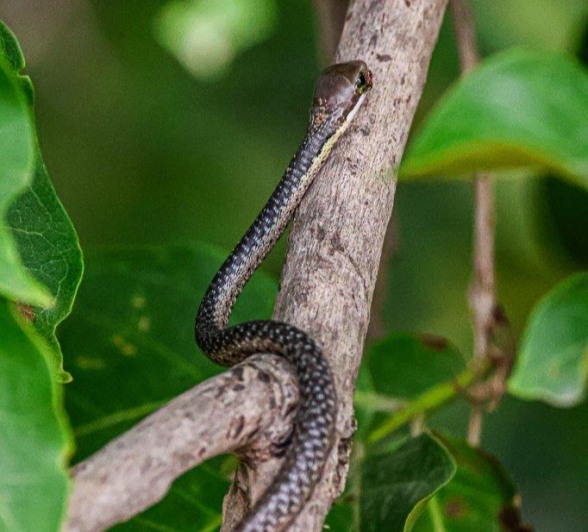
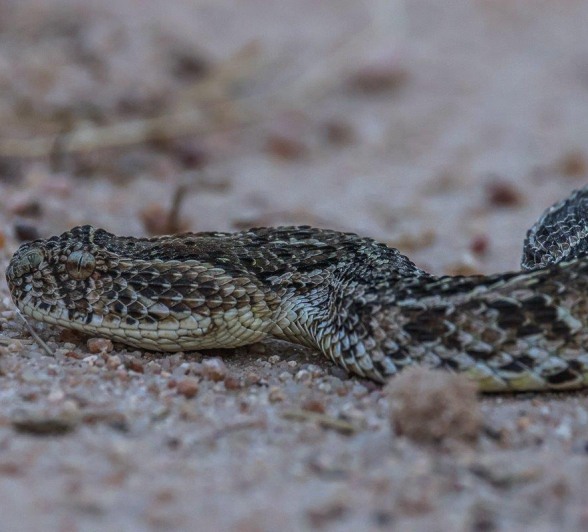
Winter at Sabi Sabi (June – August)
As we get to our winter months, the temperature starts dropping and the bush gets drier causing grass to die and most of our tree species lose their leaves, opening the bush up completely. This means that most drainage lines will be dry and the Sabie River water level will drop during these months. Water during these months can be hard to find and animals are forced to move further distances in search of food and water that’s sustainable. With no rain the roads also dry up making it perfect tracking conditions for us, and we are usually very successful during these months with animal sightings.
Even though there are not as many young animals around during this time of year, the predators follow the wildlife as they move closer to the more dominant water sources, ensuring constant opportunities for themselves. The temperature can get very cold, at least for South Africans it feels very cold, with temperatures dropping down to 0°C (32°F). These low temperatures only last for an hour or two after sunrise whereafter it starts rising again, usually up around 25-30°C (77-86°F). Early morning safaris can be very cold but don’t fear, we make sure you are warm and comfortable with a blanket and hot water bottle. We are also often spoiled with incredible sunrises and sunsets as well as the star-filled skies at night. Winter nights are often perfectly clear to enjoy the incredible sights of the night sky.
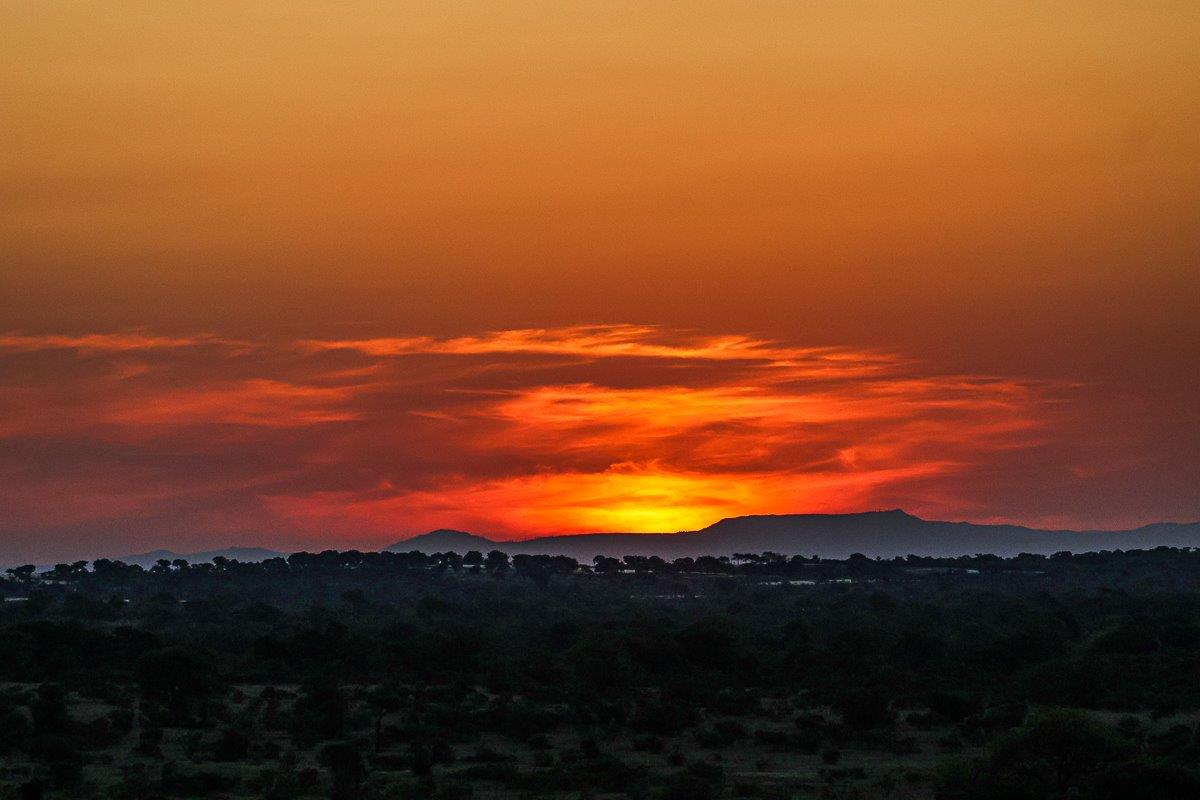
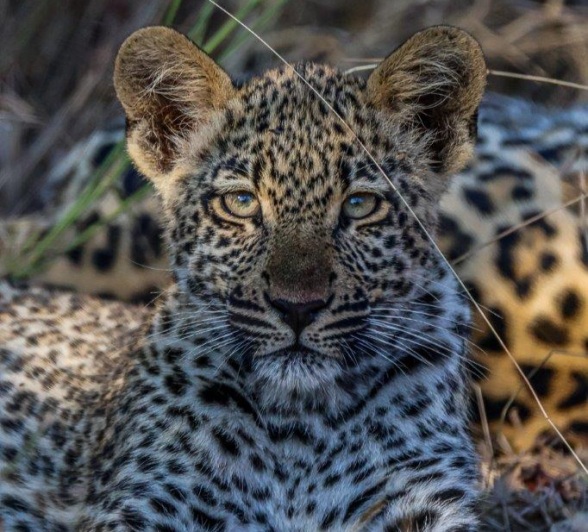
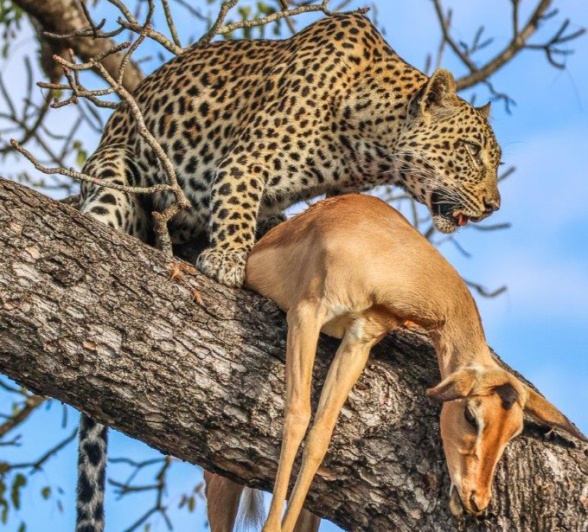
Then coming to the debate about morning and afternoon safaris and which one is better.
This is a topic that many people will feel very different about, but as a guide we often enjoy the morning safaris more, at least for me personally this is the case.
Every morning, we head out it is almost like turning the page of a book to a blank page, waiting for us to write the story for the day and figure out what happened during the evening, especially when thinking about our nocturnal predators like lions, leopards and hyenas. These animals are mainly active at night, meaning we could have struggled with lions the day before but during the evening multiple prides could have moved into our reserve giving us the opportunity to track and potentially finding them. This is the only way our tracking skills improve and how you can add to that safari experience and chase.
During winter and summer months morning safaris will also differ. During summer, animals will be active from very early to feed as much before the temperature rises too much. At around midday, it could be very quiet out in the bush with most animals spending their time in thickets and shady areas or lower lying areas for cooler temperatures. In the late afternoon animals will get active again before nightfall. During winter months it could possibly be a slow start in the morning as animals don’t move around too much before warming up in the morning sun, but then again animals stay active throughout the day because of favourable conditions and temperatures.
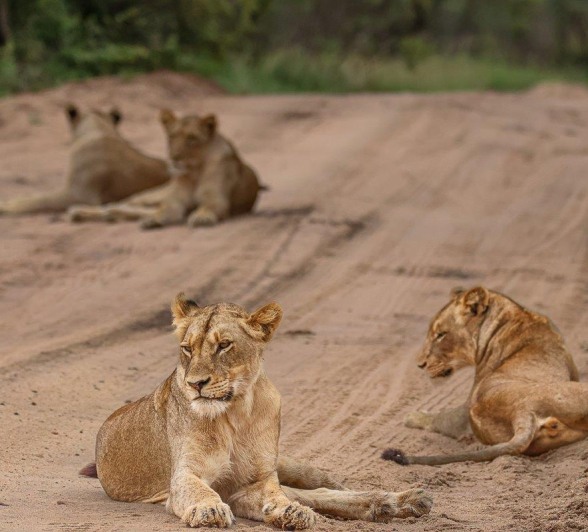
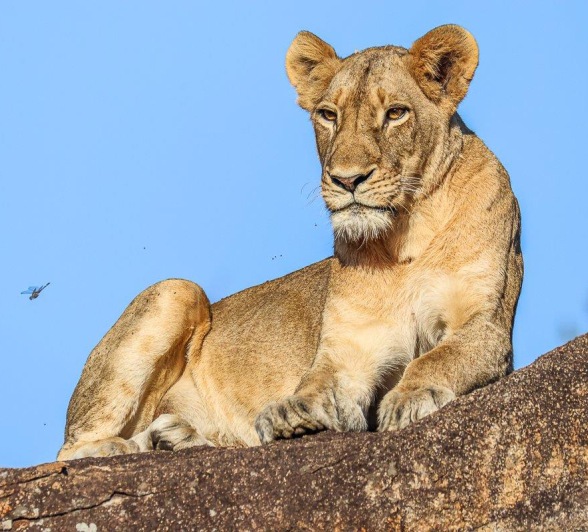
Afternoon safaris usually depend on a lot on how the mornings went, especially when talking about your nocturnal predators as they would not have moved around much during midday, especially in summer months. General game is an exception as they stay active, and you always have the possibility of finding them wherever you are. When it gets later and the sun starts setting you have the possibility again of finding predators that are starting to get active, ensuring for an exciting last hour or so on safari as we explore the unknown, never knowing what is around the next corner.
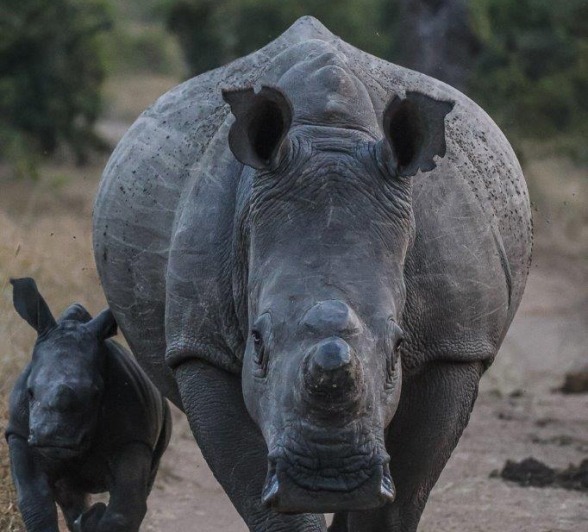
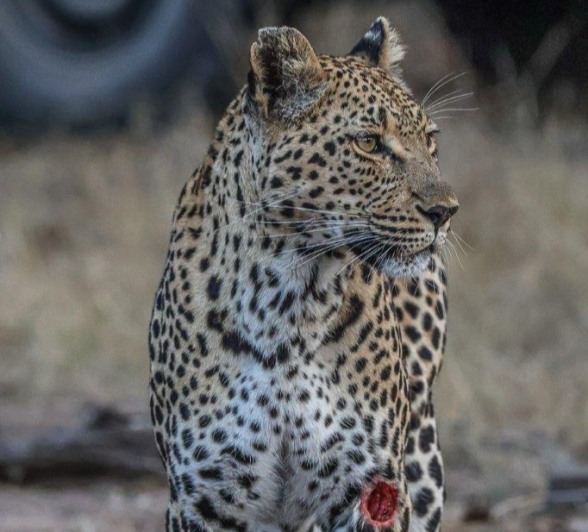
As you can see it is a very difficult topic to discuss and at the end of the day you will get a different experience every single day on safari, that is truly the beauty of this industry. It does not matter if you visit us during summer or winter months, our rangers will do their absolute best to teach and show you everything you would like us to focus on. One thing is for sure, staying behind and missing one drive could leave you disappointed as every safari is unique and we never know what we might find. One safari can be quiet and the next could be filled with excitement and different animals.
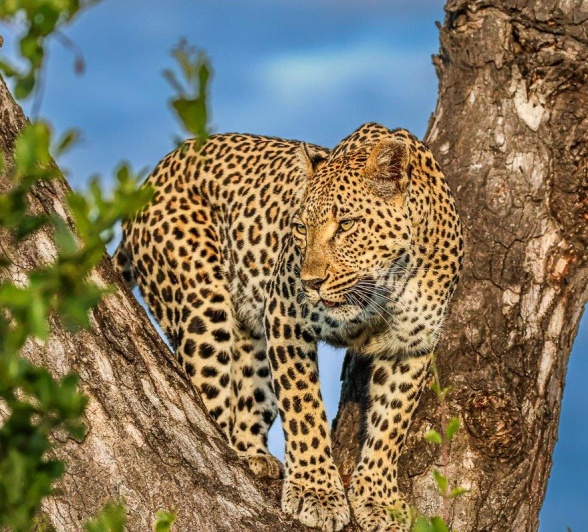
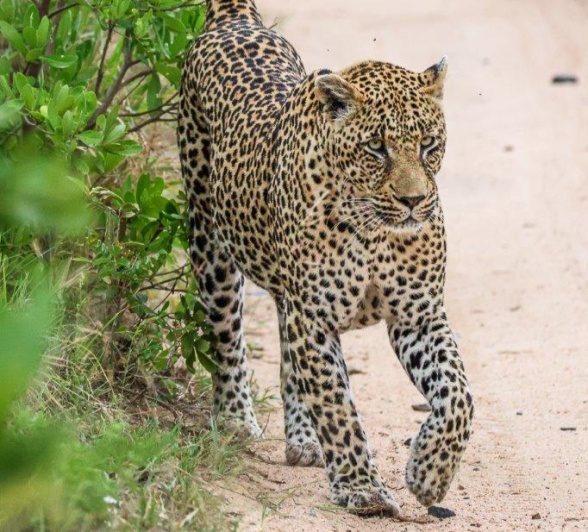
All together we get to see the same species throughout the year, only reptiles and insects being more prominent during our summer months. Whether you visit in the winter or summer, you stand a chance of seeing the same animals and the same quantities, it just depends on when you have time to travel and to what temperatures you want to travel to. Packing for a trip can be difficult, especially when not knowing much about the weather conditions but this is a rough estimate of our climate throughout the year.
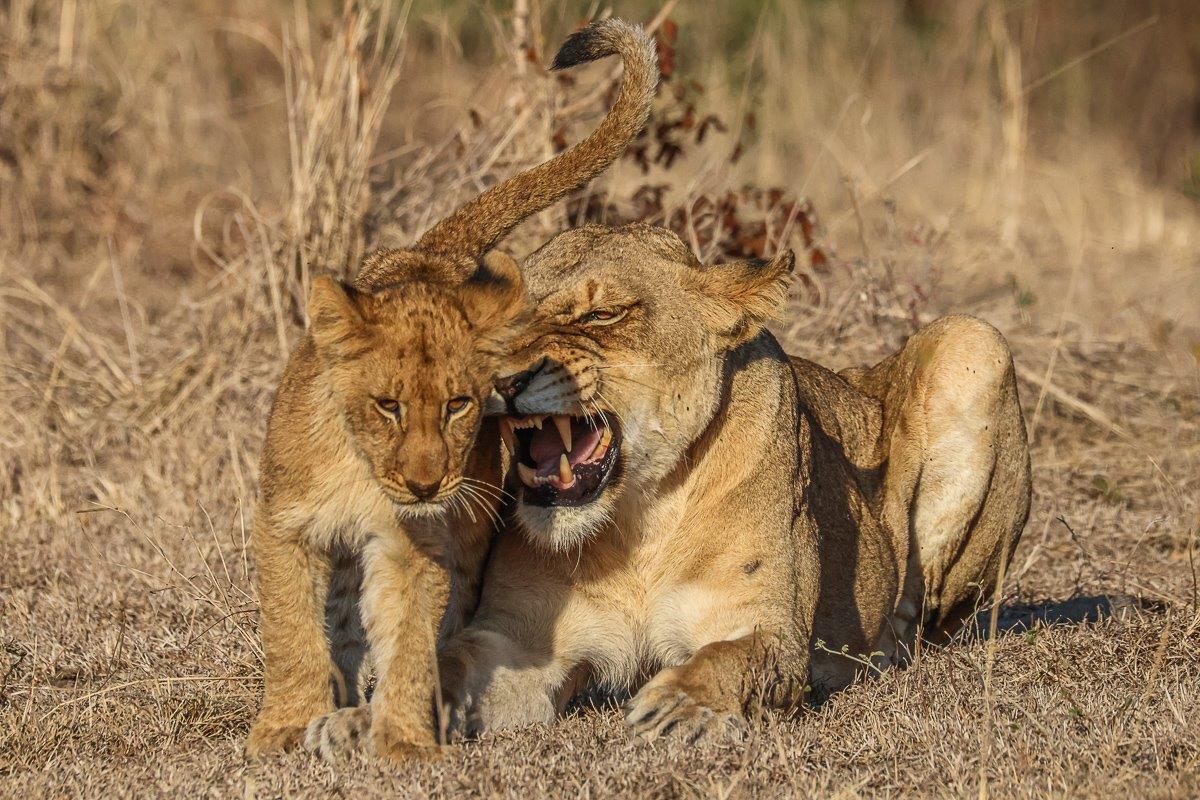
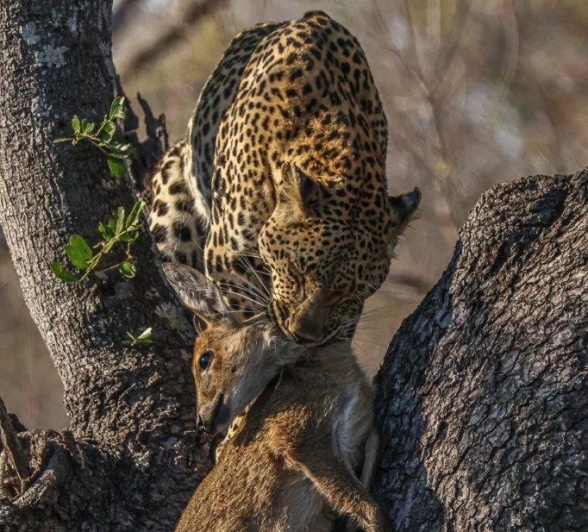
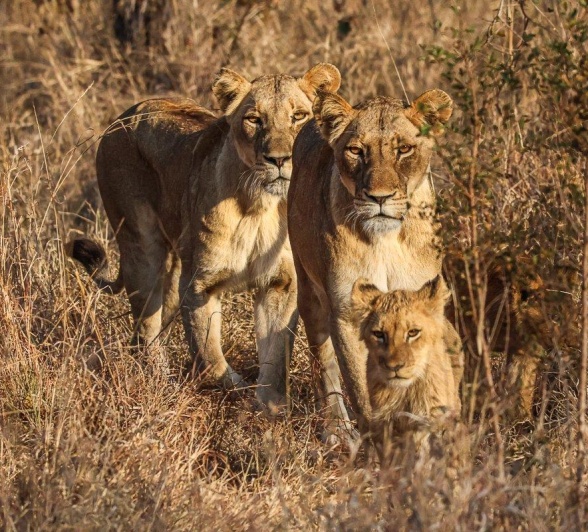
All the different species we are privileged enough to have around our reserve is adapted for both summer and winter months, giving us the possibility of seeing them throughout the year.
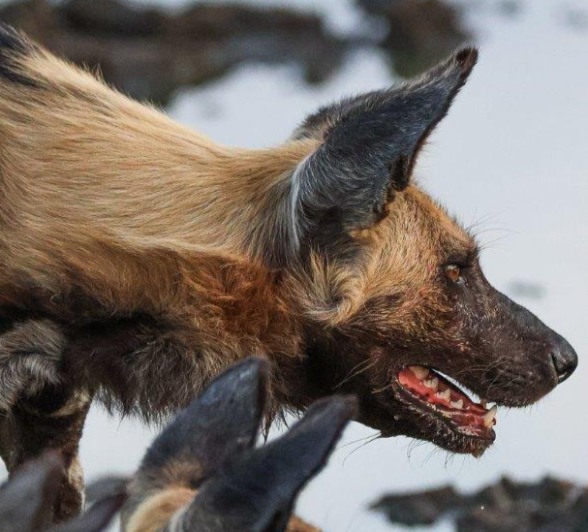
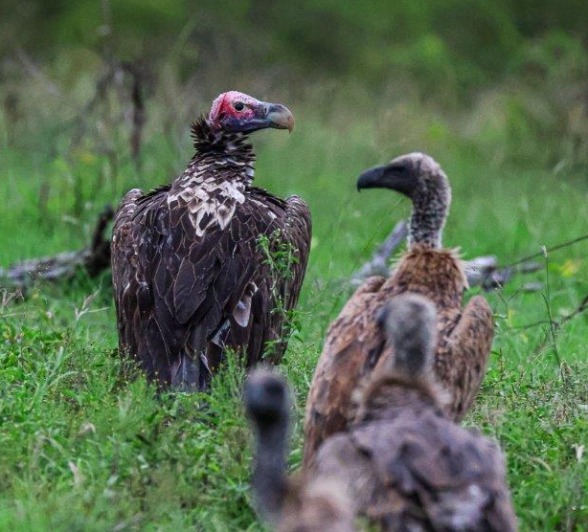
Summer or winter, morning or afternoon, you never know what is waiting around the next corner or the next bush, nature is always interesting and will blow you away every day of the year, we must just listen to Mother Nature and allow her to speak.
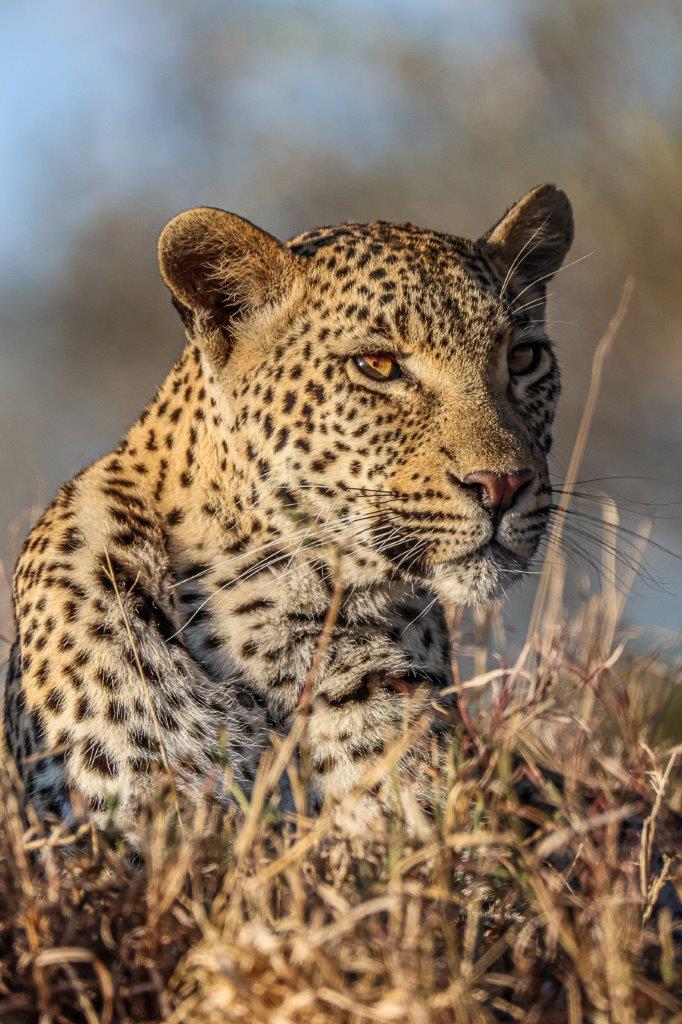
We hope to see you on safari soon!
Blog by Ruan Mey (Earth Lodge Ranger)







